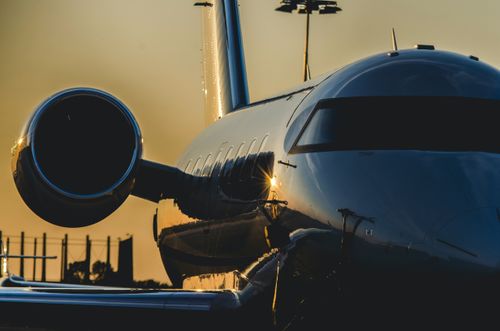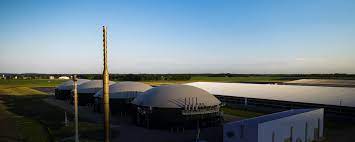The MN SAF Hub, including partners Delta Airlines and Bank of America, is running a request for proposals for project developers to participate in the emerging market.
The hub is engaging with project developers of varying technology pathways to make sustainable aviation fuel for the hub, Peter Frosch, President and CEO of Greater MSP Partnership, said in an interview, with technology types varying from e-SAF to forestry waste conversion.
Frosch emphasized that the SAF initiative, run through the Greater MSP Partnership, which he described as a “hyper-agile” non-profit, was not just a project, but entailed the development of an end-to-end value chain. The aim of the hub is to produce 1 billion gallons of SAF, he said, without assigning a specific timeline to meet that target.
The RFP for Minnesota SAF production is ongoing.
The group’s participants this week announced a deal between Delta Airlines and Koch Industries-owned Flint Hills Resources to blend 30 million gallons per year of neat SAF at a refinery in Rosemount, Minnesota. The SAF, provided by Shell, and likely coming from the Montana Renewables facility in Great Falls, MT, would be transported via an existing pipeline to the airport as part of the jet fuel mix.
The deal between Delta and Flint Hills will ensure that the cost of the blending facility is covered, according to Frosch. It is expected to come online in late-2025.
The hub also announced that a demand consortium made up of Delta, Deloitte, Ecolab, and Bank of America has made an early purchase of SAF that will cover some of the initial costs of developing the hub. The hub pre-sold 15 million gallons of SAF, utilizing expected state and federal tax credits along with the corporate consortium’s purchase to cover the balance.
“Hopefully a year from now we’ll be able to talk about the millions of gallons of SAF that we’ve been able to either blend or use in the state of Minnesota,” Peter Carter, EVP of external affairs at Delta, said during a panel discussion.
The Minneapolis-St. Paul International Airport is Delta’s second-largest hub, where it uses 250 million gallons of fuel annually.
In addition, the FAA last month announced a $16.8m grant to Gevo to convert an existing ethanol facility in Luverne, MN., into a facility for SAF production. Andy Schafer, chief customer, marketing and brand officer at Gevo, said on the sidelines of the conference that the company was still in talks with the FAA about what, precisely, the grant proceeds are supposed to cover, as Gevo had put in for a larger amount.
Looking ahead, the hub partners are evaluating novel technology types such as e-SAF beyond 2030. The Pine Bend Refinery, where the SAF will be blended, emits around 4 million tons of CO2 annually from its refining operations. This CO2 could be capped and blended with hydrogen to make e-SAF.






